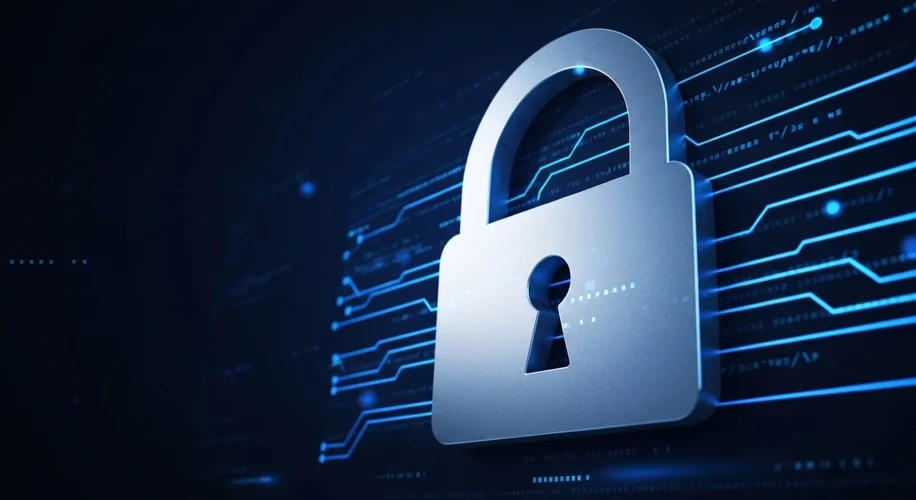Okay, so hear me out… Google just sent out a pretty big alert to all 2.5 billion Gmail users, basically telling us to “Change your password now!”. That’s not exactly the kind of notification we love getting, but it’s super important, and I want to break down why and what you should do.
What’s Going On?
Google’s alert isn’t coming out of nowhere. It’s tied to a general increase in sophisticated phishing attacks. You know, those fake emails or messages that try to trick you into giving up your login info? The ones that look just like the real deal?
Lately, these attacks have gotten seriously good. They can mimic legitimate emails so well that even the savviest users can fall for them. The goal is always the same: to get your password so they can access your account, your personal information, and potentially even your contacts.
Why the Mass Alert?
Google’s massive user base means that even a small percentage of compromised accounts can have a huge impact. By sending out this widespread alert, they’re trying to proactively protect as many users as possible from falling victim to these advanced phishing campaigns. It’s like a digital neighborhood watch – a heads-up for everyone.
Phishing Risks: It’s Not Just About Your Email
If a hacker gets into your Gmail, it’s not just your emails that are at risk. Think about it: your email is often linked to pretty much everything else online. Your social media accounts, your online banking, your shopping sites, your cloud storage – they all likely use your Gmail for password recovery or account verification.
So, if someone gains access to your Gmail, they can potentially:
* Reset passwords for other accounts.
* Access sensitive personal information.
* Send malicious links or messages to your contacts.
* Even lock you out of your own accounts.
It’s a domino effect that can quickly spiral out of control.
Actionable Advice: Staying Safe Online
So, what can you actually do? Google isn’t just telling us to change passwords; they’re urging us to be smarter online. Here’s my take:
- Change Your Password (Seriously): If you haven’t already, do it now. Make it strong, unique, and something you don’t use anywhere else. Think a mix of upper and lowercase letters, numbers, and symbols.
- Enable Two-Factor Authentication (2FA): This is HUGE. Even if someone gets your password, they still need that second step – usually a code from your phone – to log in. Seriously, turn this on for all your important accounts.
- Be Skeptical of Emails & Links: If an email looks suspicious, out of the blue, or asks for personal information, don’t click anything. Hover over links to see where they really go before clicking. When in doubt, go directly to the website yourself instead of clicking the link in the email.
- Use a Password Manager: These tools generate strong, unique passwords for every site and store them securely. It’s way easier than trying to remember a dozen complex passwords.
- Review Your Account Activity: Periodically check your Google Account security settings. You can see where you’re logged in and detect any unusual activity.
Google sending out this alert is a good thing. It means they’re trying to keep us safe in an increasingly complex digital world. Let’s take advantage of their advice and lock down our accounts! Stay safe out there, everyone.

